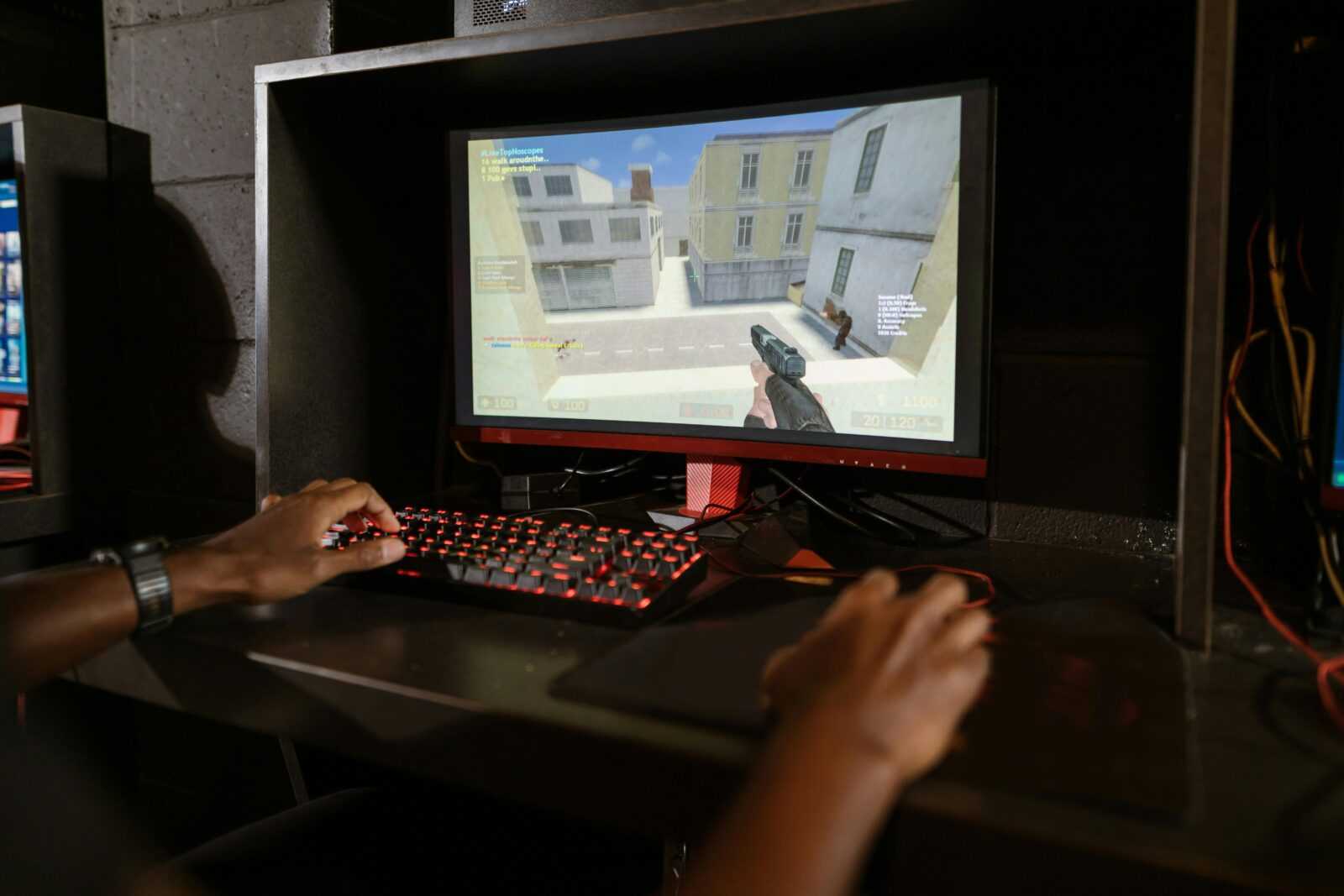
Sometimes I feel that professional gaming is seen too one-sidedly. Many people perceive it as mere greed or pointless betting on success. But if you look deeper, it becomes clear that it’s a game of risks that are calculated and carefully planned. I want to share my perspective on how greed and the desire for more can become a strategic tool. After all, it’s the ability to manage risk that sets an experienced player apart from an impulsive newcomer.
Managing Greed as a Tool
In my view, greed isn’t always an enemy for a player. It often becomes a motivator to find unconventional solutions, adopt more aggressive tactics, and develop new strategies. Instead of seeing it as something destructive, I think it’s better to recognize it as a natural part of the gaming process. After all, it’s the desire for more that pushes players to analyze and search for optimal paths.
In professional gaming, it’s important not to suppress it completely, but to direct it: experienced players know exactly when it’s worth taking a big risk for a high reward and when it’s better to hold back. They can read the game and sense the moment when greed might work in their favor. In this context, even things like cs2 betting tips help — they’re not just about betting but about understanding probabilities and analyzing opponents’ mistakes. To me, that’s a great example of how you can systematize and structure your drive to win and profit.
Moreover, professionals aren’t afraid to admit that greed is a resource they can use. It teaches them to see the game more broadly, to find unexpected solutions, and pushes them to master new roles or strategies. I believe this approach — the ability to turn an inner impulse into a precise and calculated tool — is what truly makes a player dangerous to their opponents.
Opponent Analysis and Prediction

I think that for a professional player, greed also shows up as the desire to outplay the opponent on their own terms. It’s the drive to dominate and extract maximum value from every situation. But such a goal is impossible without deep analysis. I believe a player’s real strength lies in how well they can read their opponent, spot their habits, and identify weaknesses.
Predicting the opposing team’s moves and calculating economic decisions in-game isn’t just about an eager rush to win, but about building a carefully crafted plan. To me, it’s obvious that without data and observation, strategy turns into pure guesswork. Professionals review demos, analyze timings, and evaluate risks even in the smallest details. This not only lets them anticipate their opponent’s moves but also forces the opponent to play on their terms.
I think it’s important to note that this isn’t simply about wanting to win at any cost. It’s about channeling that greed into gathering information and planning ahead. Instead of making impulsive decisions, the player chooses the path of calculation and analysis. I believe this mindset is what helps use the desire to win as effectively as possible, turning greed into part of the strategy.
The Psychology of Risk
I see risk as an integral part of gaming, especially at a competitive level. In any serious game, you can’t eliminate it completely — and that’s what makes it truly engaging. A player needs to be ready to put everything on the line for an advantage, while still keeping a cool head. I think this ability is exactly what sets a professional apart from an impulsive gambler: not removing risk, but keeping it under control.
It’s clear to me that greed pushes players toward bold moves and unexpected aggression. But without calculation, those actions become meaningless or even dangerous. A professional assesses the probability of success, understands the consequences, and plans an exit strategy in advance. It’s not about rejecting risk but structuring it.
I see an important balance here: allowing yourself ambition while always testing it with logic and experience. The ability to see the line between justified risk and recklessness is one of the most crucial qualities for a player who wants not just a one-time win but consistently high-level performance. In my view, it’s a kind of mental discipline that only develops through experience and careful self-reflection.
Building Personal Discipline

I think it’s important not only to know how to take risks but also to establish your own rules. In professional gaming, there are plenty of temptations: aggressive pushes, risky plays, the urge to finish a match as quickly as possible. I believe an experienced player stands out precisely because they can hold back that impulse and wait for the right moment.
Professionals learn not to give in to the urge to do everything at once. They set limits for themselves in advance, develop a plan, and do their best to stick to it, even when the temptation to go for a big payoff right now is strong. To me, this ability to hold back from unnecessary emotion and impulsive decisions is what forms true gaming maturity.
This discipline is what separates a well-thought-out strategy from a mindless chase for victory. I see it as a sign of deep respect for the game as a craft: the ability to control yourself is just as important as knowing the mechanics or analyzing your opponents. For me, it’s further proof that even greed can be built into a clear and effective plan if you approach it with cold calculation and respect for your own principles.
Conclusion
I’m convinced that professional gaming isn’t just about exploiting opponents’ mistakes or relying on luck. It’s about turning ambition and greed into a strategic tool. I think it’s important to emphasize that professionals don’t suppress their drive to win — they learn to direct it and keep it under control.
Analyzing the situation, predicting opponents’ moves, and careful planning all play a huge role. Personal discipline is just as important here: even the boldest ideas require self-control and an understanding of your own limits. This, to me, is the essence of “calculated risk” — the ability to take risks consciously and at the right moment.
For me, this is exactly what separates a professional from an impulsive gambler: the ability to combine the desire to win with cold calculation and to use risk as a resource for consistent results.
 Christopher Walkerashed, the founder of Wild Gamble Greed, is a trailblazer in the high-stakes gambling industry. With a passion for the excitement of big bets, he created a platform that caters to seasoned players, offering expert insights into high-stakes sports betting, poker, and slot machines with massive payouts. Walkerashed is equally committed to promoting responsible gambling, ensuring players have the tools to balance ambition with control. Through his innovative vision, Wild Gamble Greed has become a premier destination for high-rollers seeking to gamble smartly and responsibly.
Christopher Walkerashed, the founder of Wild Gamble Greed, is a trailblazer in the high-stakes gambling industry. With a passion for the excitement of big bets, he created a platform that caters to seasoned players, offering expert insights into high-stakes sports betting, poker, and slot machines with massive payouts. Walkerashed is equally committed to promoting responsible gambling, ensuring players have the tools to balance ambition with control. Through his innovative vision, Wild Gamble Greed has become a premier destination for high-rollers seeking to gamble smartly and responsibly.